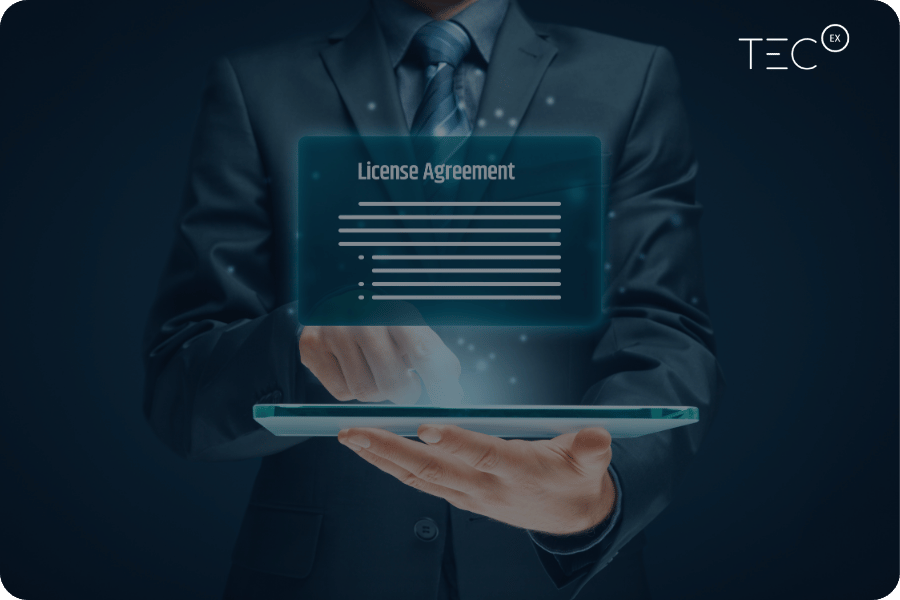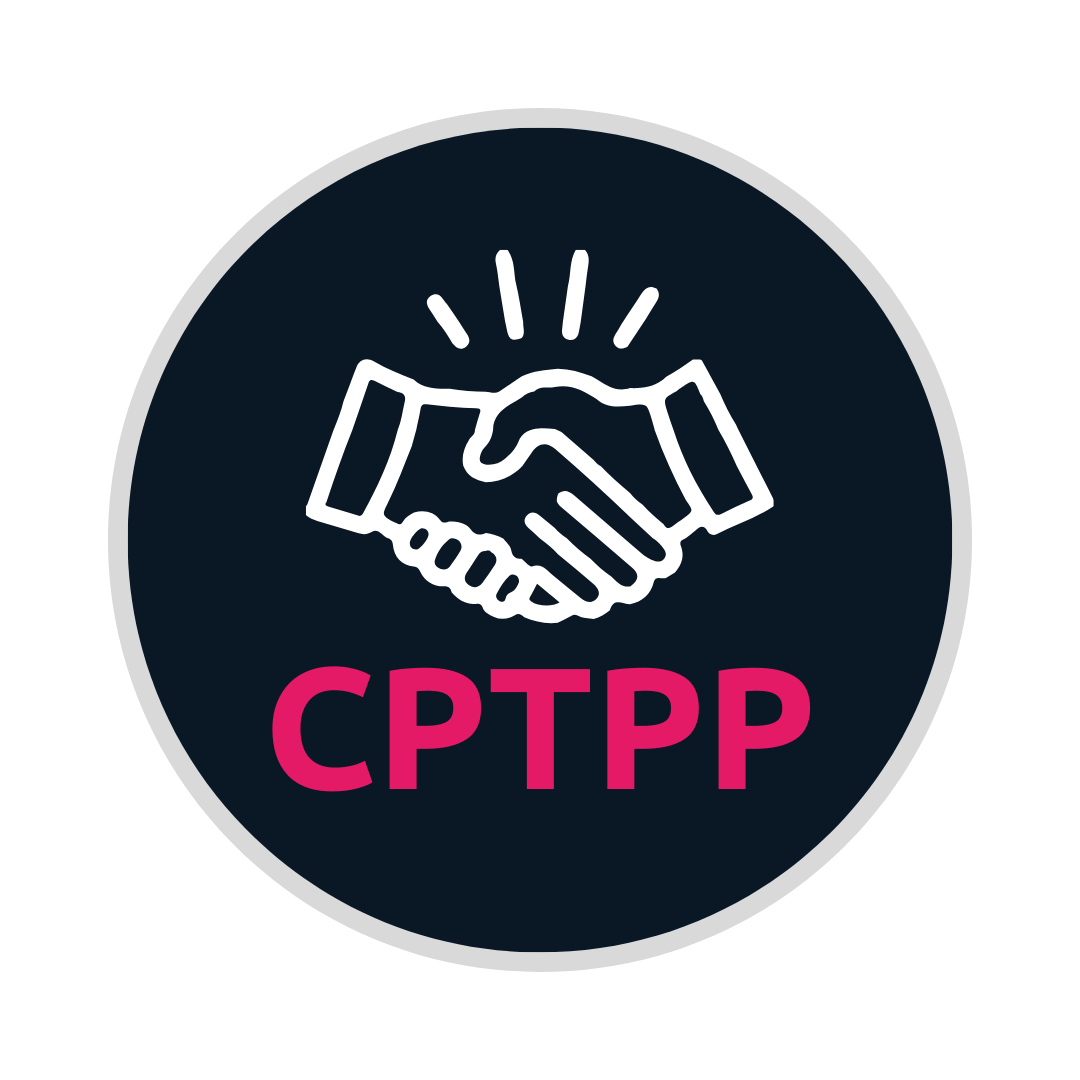With Brexit now in effect, free trade between the United Kingdom (UK) and the European Union (EU) has fundamentally changed, forcing many companies to restructure their operations.
Before Brexit, about 48% of UK exports were destined for the EU, while 54% of imports into the UK came from the EU.
Despite the significant volume of trade, recent legislative changes have made these transactions increasingly challenging. The resulting climate of confusion and frustration is palpable.
TecEx’s Oliver Nouwens explains in detail the complexities of international trade in a post-Brexit world.
EU-UK Trade | A New Era
EU companies now face a complex UK import system, while UK companies exporting to the EU must obtain export licenses. Although the UK remains a technological hub in Europe, many smaller businesses struggle with the complexities of import and export processes to their European and global clients.
As a result, many affected companies have turned to TecEx for assistance, greatly valuing our Exporter of Record (EOR), Importer of Record (IOR), and compliance services. This has led to numerous companies abandoning plans to register EU entities, opting instead to use TecEx as a permanent solution.
Exporting from the UK Post Brexit
Whether you need an export license to send goods out of the UK depends on the specific items you’re exporting and their destination. Here’s a breakdown:
When Will You Need an Exporting License from the UK:
You generally need a license if your goods fall under categories including:
- Military goods and technology
- Dual-use items (civilian goods with potential military applications)
- Chemicals, waste, and hazardous materials
- Medicines and medical devices
You can check if your goods require a license using the UK government’s export control checker.

Types of UK Export Licenses
As new trade legislation becomes common practice, companies are now required to obtain various licenses and permits for even the simplest of shipments. These licenses can be challenging to obtain and often require extensive legal counsel. Certain licenses also have long lead times. Here are some types of licenses you might need to trade compliantly:
Open General Export Licenses (OGELs)
Pre-approved licenses for specific controlled items going to certain destinations.
Standard Individual Export Licenses (SIEL)
For controlled items not covered by OGELs. Requires specifying items, quantity, and destination. This SIEL can take around 4-6 weeks for approval.
Open Individual Export Licenses (OIEL)
For long-term contracts, projects, or repeat business with a specific customer. An OIEL allows the exporter to export multiple shipments of controlled goods to specified consignee/s in multiple countries.
Obtaining the correct license for your goods is just one of many compliance requirements for those wanting to export out of the UK, assuming they have a UK-registered entity.
Even with a UK-registered entity, exporting goods requires extensive due diligence regarding the goods and their destinations. This includes maintaining detailed records of shipments, which need annual submission and must be kept for auditing purposes. To help alleviate some of these issues, TecEx has successfully navigated thousands of complex shipments both into and out of the UK.
Importing into the UK
Typically, importing industrial goods into the UK does not require a license. However, there are notable exceptions where a license is necessary. These include items subject to import sanctions imposed by the UK government.
Consequences of Brexit on Free Trade
Between the EU and the UK
Brexit has had a significant impact on free trade between the EU and the UK, presenting both challenges and opportunities:
Downsides
-
- Increased Costs and Delays: Exiting the EU’s single market and customs union introduced new customs checks, paperwork, and border controls. This has raised the costs and increased the time required to move goods between the EU and the UK, affecting businesses and consumers alike.
-
- Reduced Trade Volumes: Trade data indicates a decline in the volume of goods traded between the EU and the UK since Brexit, especially for UK exports to the EU. The increased costs and complexities likely contribute to this reduction.
-
- Non-Tariff Barriers: Although the EU-UK Trade and Cooperation Agreement (TCA) eliminates tariffs on most goods, new “non-tariff barriers” have emerged. These include differences in regulations, standards, and product certifications, creating additional challenges for businesses.
Potential Upsides
-
- Greater Freedom to Strike Trade Deals: The UK now has the ability to negotiate its own trade agreements with countries outside the EU. This could open up new trade opportunities and benefits for UK businesses, though the impact of these deals is still unfolding.
-
- Streamlined Regulations: Freed from EU regulations, the UK has the potential to streamline its own regulations, which could reduce costs for businesses in certain sectors. However, this regulatory divergence could also complicate trade with the EU.
The full impact of Brexit on free trade between the EU and the UK is still evolving. While the TCA aims to minimize disruption, the increased costs and complexities have hindered trade in the short term. The potential benefits of independent trade deals and streamlined regulations are yet to be fully realized.
New Trade Agreements Established by the UK Since Brexit
The UK has forged several new trade agreements since Brexit, expanding its global trade network:
Free Trade Agreements

Australia
- Signed: 2021
- Effective: 2023
- Details: This agreement eliminates or reduces tariffs on over 99% of goods traded between the UK and Australia. It also encompasses digital trade, services, intellectual property, and government procurement. The AUKFTA is expected to boost trade and create new business opportunities between the two countries.

New Zealand
- Signed: 2022
- Effective: 2023
- Details: Similar to the AUKFTA, this agreement removes or reduces tariffs on most goods traded between the UK and New Zealand. It also addresses digital trade, services, and other areas. The NZFTA aims to strengthen the trade relationship between the two nations.

Comprehensive and Progressive Agreement for Trans-Pacific Partnership (CPTPP)
- Signed: 2023
- Effective: The accession process is ongoing, and the UK’s membership is not yet in effect as of June 2024.
- Details: The UK signed an agreement to join the CPTPP, a free trade agreement among 11 countries in the Asia-Pacific region, including Japan, Canada, and Mexico. Joining the CPTPP is a significant step for the UK, opening new markets and trade opportunities in the Asia-Pacific.

Digital Trade Agreement
Singapore
- Signed: 2022
- Effective: 2022
- Details: This groundbreaking agreement covers a wide range of digital trade issues, such as electronic paperwork, data flows, and consumer protection in the digital environment. It aims to facilitate smoother digital trade between the UK and Singapore, benefiting businesses and consumers in both countries.
Ongoing Negotiations
There are also ongoing negotiations for new trade agreements with several countries, including India, Republic of Korea, Switzerland, Israel, and the Gulf Cooperation Council (GCC).
Negotiations with Canada were suspended in January 2024.
The TecEx Brexit Solution
To help alleviate some of the challenges posed by Brexit, TecEx has successfully managed thousands of complex shipments both into and out of the UK. Shipping with TecEx provides access to established licenses, including the OIEL, which can significantly shorten lead times and mitigate risk.
TecEx offers a comprehensive Delivered Duty Paid (DDP) service, covering both Exporter of Record (EOR) and Importer of Record (IOR) responsibilities, ensuring full compliance for first-time customs clearance. The new trade rules have increased the complexity of calculating taxes and duties, which requires years of experience, precise identification of HS codes and ECCN codes, and expert knowledge of trade relations between origin and destination countries. Any miscalculation in this area can result in significant additional costs.
By acting as both IOR and EOR in the UK and EU, we serves as an effective partner for businesses struggling to navigate the complexities of post-Brexit trade. One of the major benefits TecEx offers is the use of the OIEL, an open export license that allows TecEx to act as the exporter from the UK. This eliminates the need for clients to apply for a Standard Individual Export License (SIEL), drastically reducing shipment lead times by weeks.



